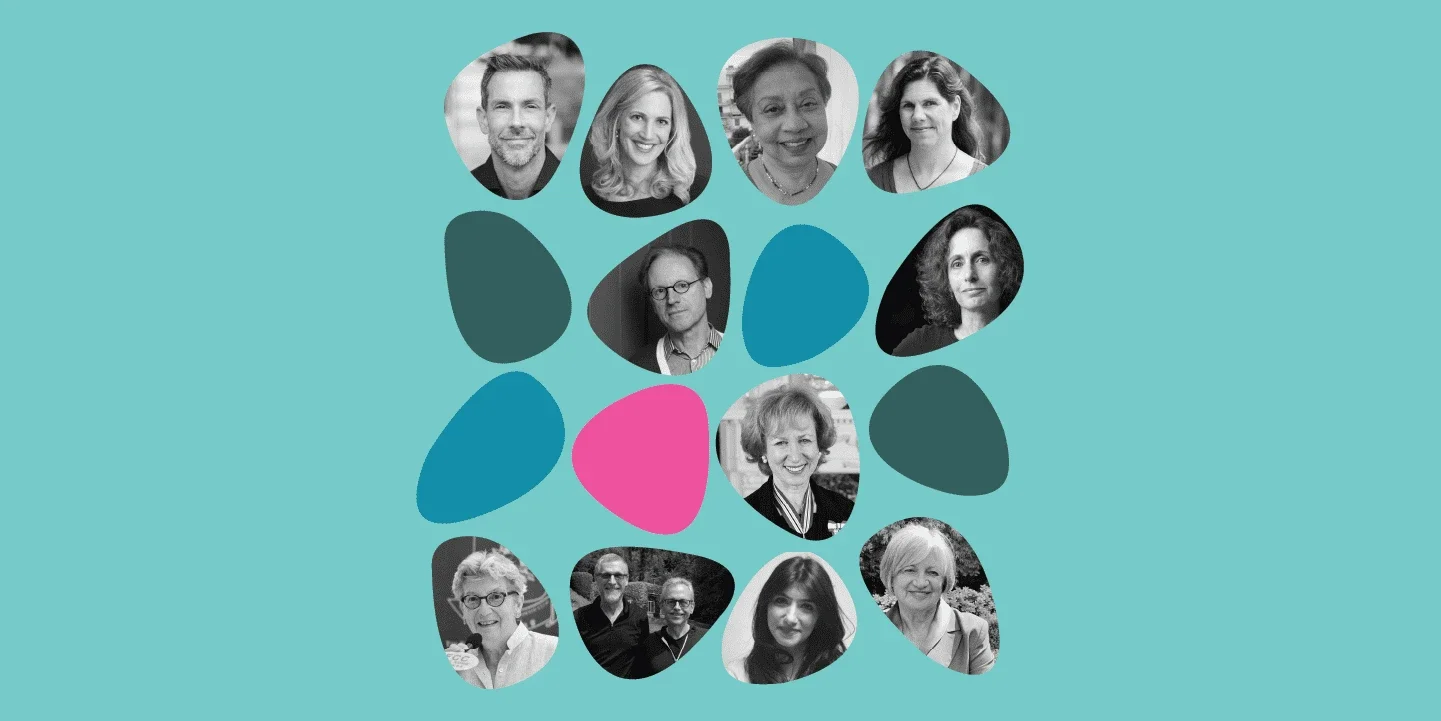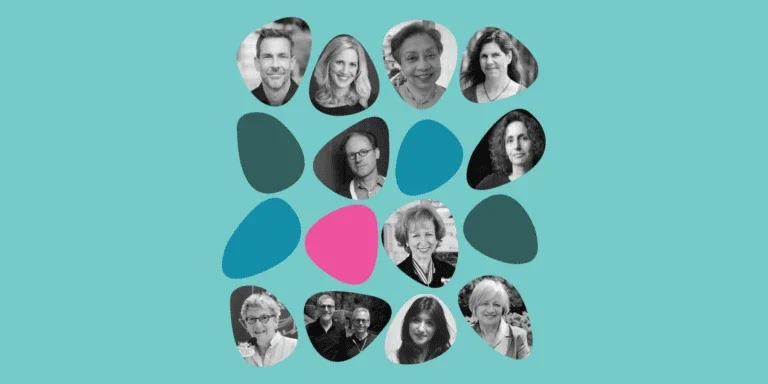Most people will tell you that once you start looking into climate change – its inexorability, its ramifications – you can’t look away. It took over my reporting career, and a lot of other aspects of my life as well.
Elizabeth Kolbert
What breakthroughs need to happen for us to both avoid the worst impacts of climate change and prepare communities to adapt to the new challenges that will arise?
The technocratic answer would be things like, “We need better batteries.” They’re resource-intensive, they’re heavy, and that’s a real problem in terms of electrifying the world. We also need better transmission. We need a whole new generation of transmission to get power from where it’s being generated – from solar and wind – to where it’s needed. And we need sources of very high heat. Manufacturing is a big problem. Concrete is a big problem.
Now, if I go one layer up, we need huge breakthroughs in systems thinking. We need to think totally differently. We probably need to live totally differently. That’s something that gets into a realm way beyond journalism, but the more I look at this, the less convinced I am that a technocratic solution is sufficient.
There’s no shortage of surprises in the field of climate, from unintended consequences to bold ideas. I’m constantly surprised by things that we thought would do X, but really do Y because of how interconnected the world is. A consequence of biofuels being called carbon-neutral is forests halfway around the world being chewed up.
And some surprises are just really smart ideas. I did a piece on how people are trying to revamp photosynthesis because a natural, 2-billion-year-old process is really not that efficient.
We probably need to live totally differently. That’s something that gets into a realm way beyond journalism, but the more I look at this, the less convinced I am that a technocratic solution is sufficient.
Elizabeth Kolbert
What keeps you up at night about achieving these goals? What makes you optimistic?
The whole horizon is covered with black smoke. I mean, literally, the horizon was covered with smoke here in Massachusetts this summer. That’s the horizon as I see it, unfortunately.
Unfortunately climate change is not like a lot of other problems that humanity has successfully dealt with. We’ve set a lot of changes in motion and we don’t even know what they are, to be honest. A lot of them cannot be reversed. It’s the irreversibility of all this that is very, very scary.
There are some bright spots on the horizon, though. In 2022, the U.S. passed the Inflation Reduction Act, which – despite its name – is really about climate. This is the first piece of serious climate legislation to get through Congress. It will set in motion many changes – some of which will have unfortunate and unintended side effects – but the bottom line is that this was finally an acknowledgement at the highest levels of government that things need to change, dramatically and fast. It was a very positive step after decades of inaction.
We don’t have the luxury that a lot of people want: this story doesn’t have a happy ending. But it can either have a really, really unhappy ending, or a more moderately unhappy ending. That choice is very much up to us, and we’re making it right now. It’s very important that we put aside whether we feel happy or unhappy about it, or hopeful or unhopeful; it’s better to do the work that needs to be done.
Learn more: To find out more about Elizabeth’s work, visit her website, read her latest articles in The New Yorker, or follow her on Twitter. You can also read a review of Under a White Sky in The New York Times.

